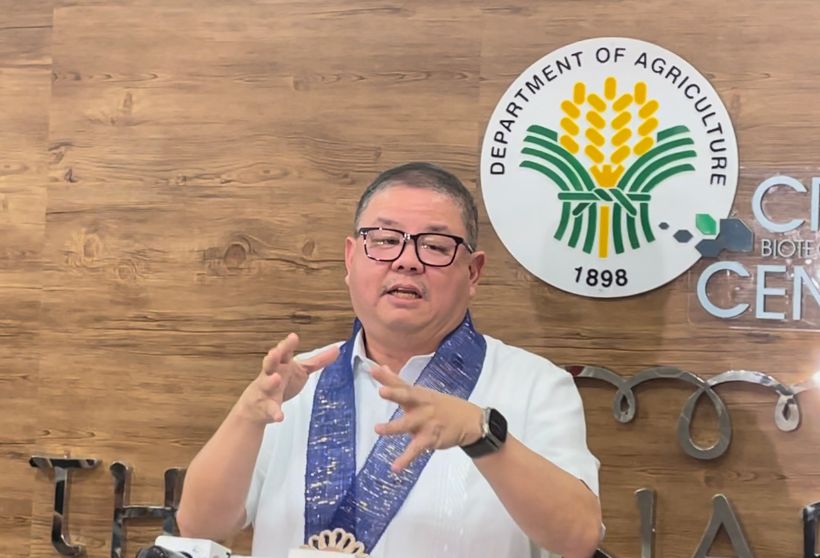Farmers' group slams DA's 'incompetence' amid food security crisis
By Jel Santos

Progressive farmers’ group Kilusang Magbubukid ng Pilipinas (KMP) has called out the Department of Agriculture (DA) and the Marcos administration for their failure to address the country’s worsening food security crisis, describing the agency’s policies as “disastrous” for Filipino farmers and consumers.
In a statement, KMP chairperson Danilo Ramos lambasted the DA, headed by Secretary Francisco Tiu Laurel Jr., for its failure to address the underlying issues plaguing the rice industry, including rampant hoarding and smuggling.
He said President Marcos’ Executive Order (EO) 62, which was intended to lower rice prices by cutting tariffs on imported rice, worsened the crisis instead.
“This policy was nothing short of a betrayal. EO 62 served the interests of profiteers while crushing the livelihoods of local farmers and bleeding the government of revenues,” Ramos said, citing the P9.1 billion in tariff revenue losses incurred by the government.
According to KMP, the policy also caused local palay (unmilled rice) prices to drop by 8.4 percent, devastating farmers’ incomes.
The KMP, meanwhile, stated that importers and traders pocketed P7.265 billion in profits without passing on savings to consumers.
The farmers’ group also criticized the inefficacy of the DA’s schemes, such as the maximum suggested retail price for rice, which they claimed has only benefited big traders and importers while ignoring the plight of farmers and consumers.
“The Marcos administration is perpetuating a cycle of import dependence and agricultural abandonment,” said Ramos.
He pointed out that the Philippines remains the world’s top rice importer, with projections reaching 5.22 million metric tons in 2025.
Ramos also called the Food Security Emergency a “glaring wake-up call,” urging the government to strengthen local rice production instead of relying on importation.
“We cannot rely on imported rice or half-hearted measures to address a crisis born from decades of state neglect and the exploitation of our agricultural sector,” he said.
Also, Ramos demanded the immediate repeal of the Rice Liberalization Law (RA 11203) and Executive Order 62, which he said have deepened the rice crisis and perpetuated the suffering of farmers and ordinary Filipinos.
“The so-called Food Security Emergency is nothing more than an admission that the Rice Liberalization Law is a monumental disaster,” he said.
“This law has shackled Filipino farmers to the mercy of a liberalized market dominated by unscrupulous importers and traders while forcing consumers to endure exorbitant rice prices.”
The group vowed to intensify its calls for genuine agrarian reform and national industrialization, joining protests on January 31 to hold the administration accountable for what it called “poverty, corruption, and impunity” under President Ferdinand Marcos Jr.
“The Marcos administration must act decisively. Scrap the Rice Liberalization Law and EO 62 now. Strengthen local rice production and prioritize the welfare of Filipino farmers and consumers,” Ramos said.
In 2024, the Philippines imported a record-breaking 4.78 million MT of rice, a nearly 30 percent increase from the 3.61 million MT recorded in 2023, per the DA.
Data from the Bureau of Plant Industry (BPI) revealed that Vietnam remained the country’s largest rice supplier, contributing 75 percent of the total imports or 3.56 million MT. Other key suppliers included Thailand with 598,157 MT and Pakistan with 283,517 MT. Additional imports came from Myanmar, India, China, Japan, Cambodia, Italy, and Spain.